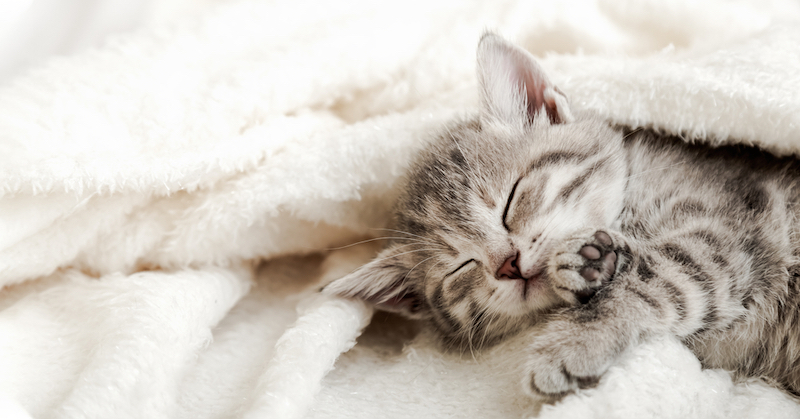Increasingly over the past 15 years, scientific researchers have questioned whether spay and neuter sterilization is right for all dogs, because the loss of natural hormones from spay/neuter has been related to negative health and behavior outcomes. The issues vary by breed, age at spay/neuter, sex, and size of the dog, which makes decision-making complicated for pet parents. So the Parsemus Foundation stepped up to synthesize the science. The hormone-sparing sterilization section of our website has been a primary source of information on:
- The health impacts of removing the sex organs by spay/neuter — called “gonadectomy.”
- Alternative hormone-preserving sterilization procedures, including information for veterinarians and pet parents to help with decision-making.
- Appropriate tattoos to identify dogs who have had alternative sterilization.
- Hormone therapy for dogs that are suffering after the loss of natural hormones.
- Free veterinary directory to assist pet owners in finding veterinarians who offer alternative sterilization techniques.
More recently, we have been contacted by a growing number of cat owners wishing to get more information about the impacts of spay/neuter in cats. Some people also want to find out about hormone-sparing sterilization for their feline companions.
Understanding the health risks of spaying and neutering dogs
There’s a growing realization of the health problems associated with traditional spay and neuter for dogs, due to the loss of natural hormones when the gonads (the testes of males and the ovaries of females) are removed during spay and neuter surgery. The balance of these hormones is important for many parts of the body, not just for the sex organs. Joint disorders, cancer, incontinence, weight gain, dementia, behavior problems and endocrine issues may occur in dogs that have been spayed or neutered. The impact appears to be greater for dogs spayed or neutered at a young age and for larger breeds.
To ensure that a dog can be sterilized without such problems, alternative methods that preserve hormones are becoming more common. They include hysterectomy for females and vasectomy for males. Over the last few years, more veterinarians offer these procedures to responsible pet owners who wish to avoid the negative impacts of spay and neuter.
What about cats? How do spaying and neutering affect their health and behavior?
If you search the internet for information about alternatives to spaying or neutering your pet, you’ll find information on dogs but much less information on cats. In fact, a quick review of the information from most animal protection and veterinary sites indicates how critical it is that pet cats are spayed or neutered. Many veterinarians even counsel cat owners to complete sterilization before females are four months old to avoid early pregnancy.
Is spay/neuter having negative health impacts on our cats, as has been found in dogs? Unfortunately, studies on the health and behavioral impacts of spay and neuter in cats are not as common as in dogs. Weight gain is the most commonly discussed health problem related to spay/neuter. Obesity or overweight after spay or neuter can affect as many as 63% of cats. This can lead to serious health issues like diabetes, constipation, orthopedic disease, urinary tract disease, and liver disease. Some types of cancer may be higher in neutered cats than for intact cats. However, the data are complex and more research is needed.
So why is there more research on spay and neuter in dogs than in cats? The lack of research in cats and the consistent emphasis on spay/neuter are likely due to two factors. The first is the cat overpopulation problem. Additionally, there is a perceived incompatibility between an intact cat’s natural behavior and our expectation of “ideal pet behavior.”
Pros and cons of hormone-sparing sterilization in cats
The rationale for spaying and neutering your cat is not trivial. Cats can become pregnant as early as four months of age and males are sexually mature at seven to nine months. Female cats can have kittens three or more times per year if they have access to males. So, sterilization is certainly important. But could hormone-sparing sterilization be accomplished with vasectomy or hysterectomy (as in dogs)? The simple answer is yes. Technically a cat could have a hysterectomy or vasectomy to ensure that no kittens will be produced.
A recent publication described another procedure called an epididymectomy. This procedure involves removal of part of the epididymis where sperm mature and are stored. An epididymectomy makes it impossible for sperm to move to the vas deferens during ejaculation, causing infertility. Scientists found that it was a simpler procedure than castration without influencing hormones. You can read a summary of the study and its potential application to feral cat populations here.
However, other reasons are cited for early spay and neuter of cats. One is that by removing the sex organs, there is no concern for diseases of those organs (testicular or ovarian diseases). Likely a more influential reason is that cats with natural sex hormones will exhibit behaviors that most people find difficult for a house pet. This includes yowling when seeking a mate, urine spraying, roaming to find a mate, and fighting with other cats. Spay or neuter surgery has been used to reduce hormone-driven behaviors, but neutering does not stop all cats from urine spraying.
A new study on “house soiling”
A recently published study by scientists at the University of Helsinki evaluated factors related to the incidence of cat “house soiling” (urinating or defecating in the house outside the litter box). They reported that male cats, those with low sociability toward other cats, or being intact were positively related to house soiling. This included the incidence of spraying, which is more common in intact cats as a way of marking their territory. A history of urinary tract disease was also related to house soiling. Breeds that have a higher incidence of house soiling include the Bengal, followed by the Landrace cat, Oriental, Norwegian Forest cat, Persian, and Exotic.

More research is needed on cat sterilization procedures
This post is not intended to be a thorough review of all scientific studies on cat health and behavior after spay or neuter. But we do want cat owners to know that deciding whether to spay or neuter your kitten involves multiple considerations. Your pet’s health and welfare as well as impacts on your home and lifestyle are important factors. Much more research is needed to better understand the impact of the loss of natural hormones in cats, and whether hormone-sparing sterilization is a beneficial alternative. We expect that more information will be available in the near future to assist cat parents in making these decisions. If you’re seeking the counsel of a veterinarian, we recommend choosing a practitioner who provides hysterectomy or vasectomy to dogs. See our Veterinary Directory for a listing.



